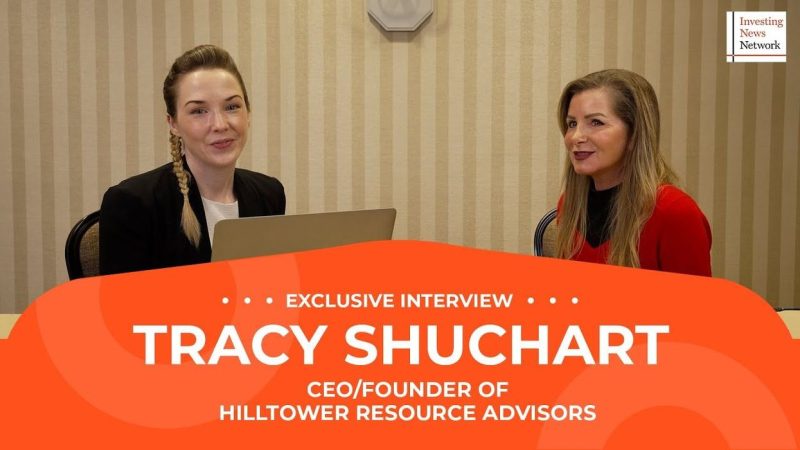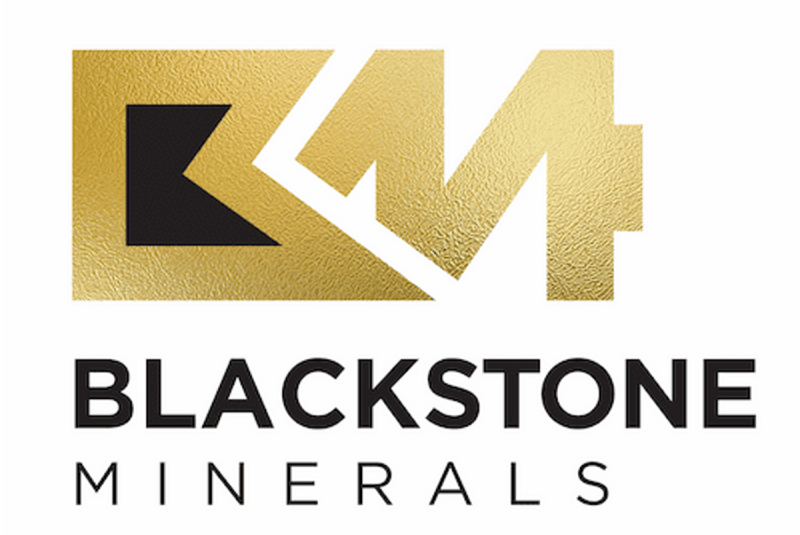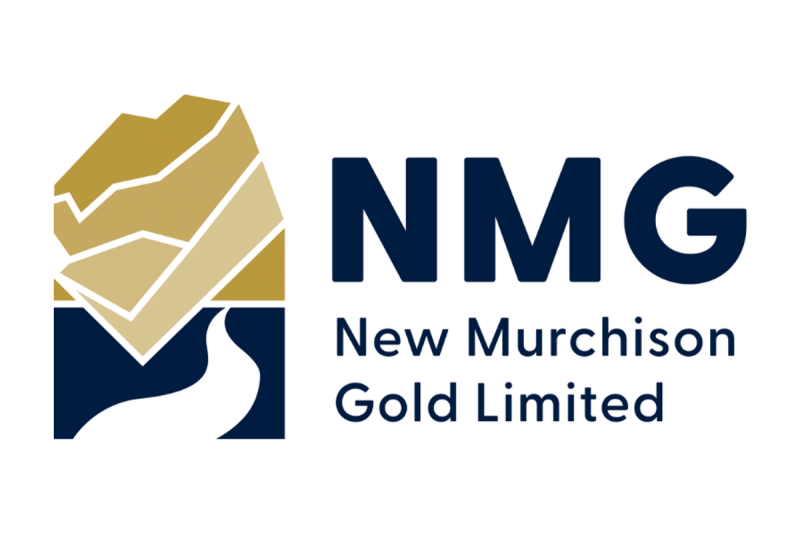The S&P/TSX Venture Composite Index (INDEXTSI:JX) increased 1.85 percent on the week to close at 614.26 on Friday (November 29). Meanwhile, the S&P/TSX Composite Index (INDEXTSI:OSPTX) was up 0.75 percent to 25,648.00 and the CSE Composite Index (CSE:CSECOMP) rose 2.49 percent to 141.47.
Statistics Canada released its third-quarter gross domestic product (GDP) data on Friday (November 29). The numbers show a small increase in real GDP of 0.3 percent during the three months ending in September.
On the surface, the increase seems positive, but examining the numbers reveals some cause for concern: per capita GDP actually shrank by 0.4 percent, the sixth consecutive quarterly decline. Additionally, real GDP growth was down from the 0.5 percent increase recorded in the prior two quarters of 2024.
StatsCan also released the more granular September GDP data by industry on Friday. The data for the resource sector indicated a month-over-month contraction of 1.4 percent, the third consecutive decline and the largest one since January.
The oil and gas extraction sector fell by 1.8 percent, attributed to lower output, with oil sands extraction dropping by a significant 2.3 percent. Meanwhile, mining and quarrying increased 0.1 percent, with coal mining gaining 8.7 percent and non-metallic mineral mining edging up 1.5 percent. However, these gains were offset by a 1.6 percent decline in the metal ore mining subsector.
South of the border, the US Bureau of Economic Analysis released figures for October’s personal consumption expenditures index (PCE) on Wednesday (November 27). The data showed that while the PCE remained flat on a monthly basis at 0.2 percent, it nudged up on a yearly basis to 2.3 percent compared to the 2.1 percent registered in September. Additionally, the more volatile core PCE less food and energy also nudged up 2.8 percent from the 2.7 percent increase the month before, indicating some stickiness in inflation.
The PCE is a favored indicator by the US Federal Reserve and its decision-making committee. With yearly PCE up, most analysts predict a 25 basis point cut from the central bank at its next meeting in December, but some are speculating that the Fed may pause its cuts in the new year due to the incoming administration.
On Monday, Donald Trump said he was considering imposing 25 percent tariffs on all goods entering the US from Canada and Mexico and 35 percent on goods from China. If implemented, this move could raise prices on a broad category of goods, triggering new inflationary pressure.
The price of gold lost 2.4 percent this week to US$2,650.33 per ounce on Friday at 4:00 p.m. EST, while silver sank 2.34 percent to US$30.60. Copper was unchanged, ending the week at US$4.14 per pound on the COMEX. More broadly, the S&P GSCI (INDEXSP:SPGSCI) was down 1.4 percent to close the week at 536.20.
While metals hit a road bump, equity markets posted gains this week. The S&P 500 (INDEXSP:INX) moved up 1.48 percent to end Friday at 6,032.39, the Nasdaq-100 (INDEXNASDAQ:NDX) gained 0.93 percent to 20,930.37 and the Dow Jones Industrial Average (INDEXDJX:.DJI) finished the week up 2.37 percent to 44,910.66.
Find out how the five best-performing Canadian mining stocks performed against that backdrop.
Data for this article was retrieved at 3:30 p.m. EST on November 29, 2024, using TradingView’s stock screener. Only companies trading on the TSX, TSXV and CSE with market capitalizations greater than C$10 million are included. Companies within the non-energy minerals and energy minerals sectors were considered.
1. Orosur Mining (TSXV:OMI)
Weekly gain: 77.78 percent
Market cap: C$16.49 million
Share price: C$0.08
Orosur Mining is an exploration company focused on the development of early to advanced-stage assets in South America.
Its flagship Anzá gold project in Colombia was a 49/51 joint venture with Minera Monte Aguila (MMA), a corporation owned equally by Newmont (TSX:NGT,NYSE:NEM) and Agnico Eagle Mines (TSX:AEM,NYSE:AEM).
Exploration has revealed multiple gold deposits at the site, which is located 50 kilometers west of Medellin and sits along Colombia’s primary gold belt.
Orosur also owns several early-stage projects, the El Pantano gold-silver project in Argentina, the Lithium West project in Nigeria and the Ariquemes project in Brazil, which is prospective for tin, niobium and rare earths.
Shares in Orosur jumped significantly this week following its announcement on Thursday (November 28) that it had completed its takeover of MMA. The acquisition gives Orosur 100 percent indirect ownership of the Anzá gold project.
Under the terms of the agreement previously announced on September 9, Newmont and Agnico will each receive a 0.75 percent net smelter royalty plus a fixed royalty of US$37.5 per ounce of gold or gold equivalent of the first 200,000 ounces produced.
Additionally, the company said it completed the first three drill holes of its drill program, announced on November 21 at the site’s Pepas prospect, and samples were being sent to Medellin for testing.
2. Mkango Resources (TSXV:MKA)
Weekly gain: 66.67 percent
Market cap: C$51.63 million
Share price: C$0.15
Mkango Resources is a rare earths exploration and development company focused on the advancement of rare earths mining and recycling projects.
Mkango shares surged this week following a news release on Monday (November 25) stating that a feasibility study focused on its HyProMag USA project demonstrated HyProMag’s ability to establish domestic recycling or rare earth magnets for the US market.
In the announcement, Mkango reported that the plant, which would be located in Dallas Fort Worth, Texas, would have an after-tax net present value of US$262 million and an internal rate of return of 23 percent based on current market prices.
The company is projecting a 750 metric ton per year output of recycled sintered neodymium magnets and a 291 metric ton per year output of associated products over a 40-year operating life.
HyProMag is owned by Maginito, in which Mkango holds a 79.4 percent stake. The remaining 20.6 percent interest is held by CoTec Holdings (TSXV:CTH,OTCQB:CTHCF).
Additionally, the company released its Q3 results on Friday. In the release the company indicated it has a strong cash position with US$2 million at the end of September. It also said it had completed a strategic review for its Songwe Hill rare earth project in Malawi and was advancing toward commercial production at its recycling and manufacturing projects in the UK, Germany and USA.
3. CopperCorp Resources (TSXV:CPER)
Weekly gain: 51.5percent
Market cap: C$14.19 million
Share price: C$0.245
CopperCorp Resources is an exploration and development company working to advance projects in Western Tasmania.
Its primary work over the past several months has been exploration of the 171 square kilometer Razorback prospect. Razorback hosted a historic mining operation and is home to mineralized deposits of copper, gold and rare earth elements.
The company has identified three high-priority target zones: Jukes, Hyde and Darwin.
The share price of CopperCorp climbed this week following an announcement on Monday (November 18) in which the company reported that it encountered broad zones of visible copper from the Jukes zone.
The company is currently awaiting assay results but said it was encouraged by the results, which include 24.4 meters of visual copper sulphide from 400 meters downhole and 88.7 meters of visual copper sulphide from 463.3 meters downhole. This comes after CopperCorp reported 0.35 percent copper and 0.19 g/t gold over 132 meters from an adjacent hole on October 15.
4. Jervois Global (TSXV:JRV)
Weekly gain: 50 percent
Market cap: C$27.09 million
Share price: C$0.0.015
Jervois Global is working to advance a global portfolio of nickel and cobalt projects. It owns the Idaho Cobalt Operations in the US, at which it suspended mine construction in 2023 due to low cobalt prices.
According to Jervois, the Idaho Cobalt Operations host the largest US cobalt resource. A 2020 feasibility study shows that they have a measured and indicated resource of 50.1 million pounds of cobalt from 5.24 million MT grading 0.44 percent, with inferred values of 12 million pounds of cobalt from 1.57 million MT grading 0.35 percent.
The company announced in June 2023 that it had entered into a US$15 million agreement through the US Department of Defense’s Defense Production Act for exploration activities at its property.
In an announcement from the project on July 31, Jervois reported that extensional drilling at the Idaho Cobalt Operations had shown positive resource growth potential, with cobalt, gold and copper mineralization at depth. In the announcement, the company provides a highlighted result of 1.1 percent cobalt, 1.18 percent gold and 0.69 g/t gold over 1.8 meters.
Most recently, Jervois announced on Tuesday that it had secured an additional US$24.5 million in working capital through an increase to a US$7.5 million delayed draw term loan it received earlier in the year.
The increase raises the limit to a US$32 million of which the company has access to US$8 million to be used before December 14, with an additional US$16.4 million available after that, subject to certain milestones regarding the potential recapitalization of Jervois’ balance sheet.
5. Baru Gold (TSXV:BARU)
Weekly gain: 44.44 percent
Market cap: C$19.87 million
Share price: C$0.065
Baru Gold is a development company working to advance its Sangihe gold project in Indonesia.
The company holds a 70 percent stake in the 42,000 hectare project, with the remaining 30 percent interest being held by three Indonesian-based companies.
A mineral resource estimate contained in a 2017 technical report demonstrates an indicated resource of 114,700 ounces of gold and 1.97 million ounces of silver from 3.16 million metric tons of ore with grades of 1.13 grams per metric ton (g/t) gold and 19.4 g/t silver. The project also hosts an inferred resource of 105,000 ounces of gold and 1.06 million ounces of silver.
Shares in Baru gained in recent weeks following a series of announcements.
The first came on November 19 when the company announced it had signed a letter of intent with Indonesian company PT Arsari Tambang, which will become a strategic equity partner and investor with a 10 percent stake in Baru Gold subsidiary PT Tambang Mas Sangihe.
The initial 10 percent stake is being purchased from one of Baru’s private partners, meaning it will not affect Baru’s interest in its Sangihe project. However, PT Arsari will also be granted a five-year option for an additional 15 percent stake in the company; if exercised, Baru’s interest will lower from 70 to 59.5 percent.
Its next announcement came on November 21 when Baru Gold announced it had retained the services of a specialist advisory firm to lead fundraising operations. The move comes after Baru received several unsolicited inquiries from investors looking to invest in the Indonesian gold sector, including from companies looking for diversification opportunities.
Baru’s most recent release came on Tuesday (November 26) when it announced a non-brokered private placement for C$300,000 for 7.5 million shares at C$0.04 per unit. The financing is expected to close on or before December 13, with proceeds being used for year-end audit fees and land taxes.
FAQs for Canadian mining stocks
What is the difference between the TSX and TSXV?
The TSX, or Toronto Stock Exchange, is used by senior companies with larger market caps, and the TSXV, or TSX Venture Exchange, is used by smaller-cap companies. Companies listed on the TSXV can graduate to the senior exchange.
How many companies are listed on the TSXV?
As of June 2024, there were 1,630 companies listed on the TSXV, 925 of which were mining companies. Comparatively, the TSX was home to 1,806 companies, with 188 of those being mining companies.
Together the TSX and TSXV host around 40 percent of the world’s public mining companies.
How much does it cost to list on the TSXV?
There are a variety of different fees that companies must pay to list on the TSXV, and according to the exchange, they can vary based on the transaction’s nature and complexity. The listing fee alone will most likely cost between C$10,000 to C$70,000. Accounting and auditing fees could rack up between C$25,000 and C$100,000, while legal fees are expected to be over C$75,000 and an underwriters’ commission may hit up to 12 percent.
The exchange lists a handful of other fees and expenses companies can expect, including but not limited to security commission and transfer agency fees, investor relations costs and director and officer liability insurance.
These are all just for the initial listing, of course. There are ongoing expenses once companies are trading, such as sustaining fees and additional listing fees, plus the costs associated with filing regular reports.
How do you trade on the TSXV?
Investors can trade on the TSXV the way they would trade stocks on any exchange. This means they can use a stock broker or an individual investment account to buy and sell shares of TSXV-listed companies during the exchange’s trading hours.
Article by Dean Belder; FAQs by Lauren Kelly.
Securities Disclosure: I, Dean Belder, hold no direct investment interest in any company mentioned in this article.
Securities Disclosure: I, Lauren Kelly, hold no direct investment interest in any company mentioned in this article.




